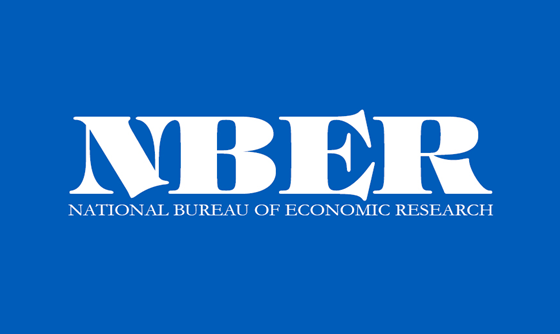 | Department of Economics |
| NEWS & MEDIA |
NEWS
Intrahousehold Consumption Allocation and Demand for Agency: A Triple Experimental Investigation
Farah Said, Assistant Professor, Department of Economics & Research Fellow, Centre for Research in Economics and Business (CREB) and Uzma Afzal, Assistant Professor, Department of Economics & Research Fellow, Centre for Research in Economics and Business (CREB) have their paper titled "Intrahousehold Consumption Allocation and Demand for Agency: A Triple Experimental Investigation" appeared as a National Bureau of Economic Research (NBER) working paper.

Intrahousehold Consumption Allocation and Demand for Agency: A Triple Experimental Investigation
Uzma Afzal, Giovanna D'Adda, Marcel Fafchamps, Farah Said
NBER Working Paper No. 24977
Issued in August 2018
NBER Program(s): Development Economics
We conduct two lab experiments and one field experiment to investigate demand for consumption agency in married couples. The evidence we uncover is consistent across all three experiments. Subjects are often no better at guessing their spouse's preferences than those of a stranger, and many subjects disregard what they believe or know about others' preferences when assigning them a consumption bundle. This confers instrumental value to individual executive agency within the household. We indeed find significant evidence of demand for agency in all three experiments, and this demand varies with the cost and anticipated instrumental benefit of agency. But subjects often make choices incompatible with pure instrumental motives - e.g., paying for agency even when they know their partner assigned them their preferred choice. We also find female subjects to be quite willing to exert agency even though, based on survey responses, they have little executive agency within their household. We interpret this as suggestive of pent-up demand for agency, and indeed we find that female demand for agency falls as a result of an empowerment intervention.
Link to the Working Paper
http://www.nber.org/papers/w24977.pdf
 People
People